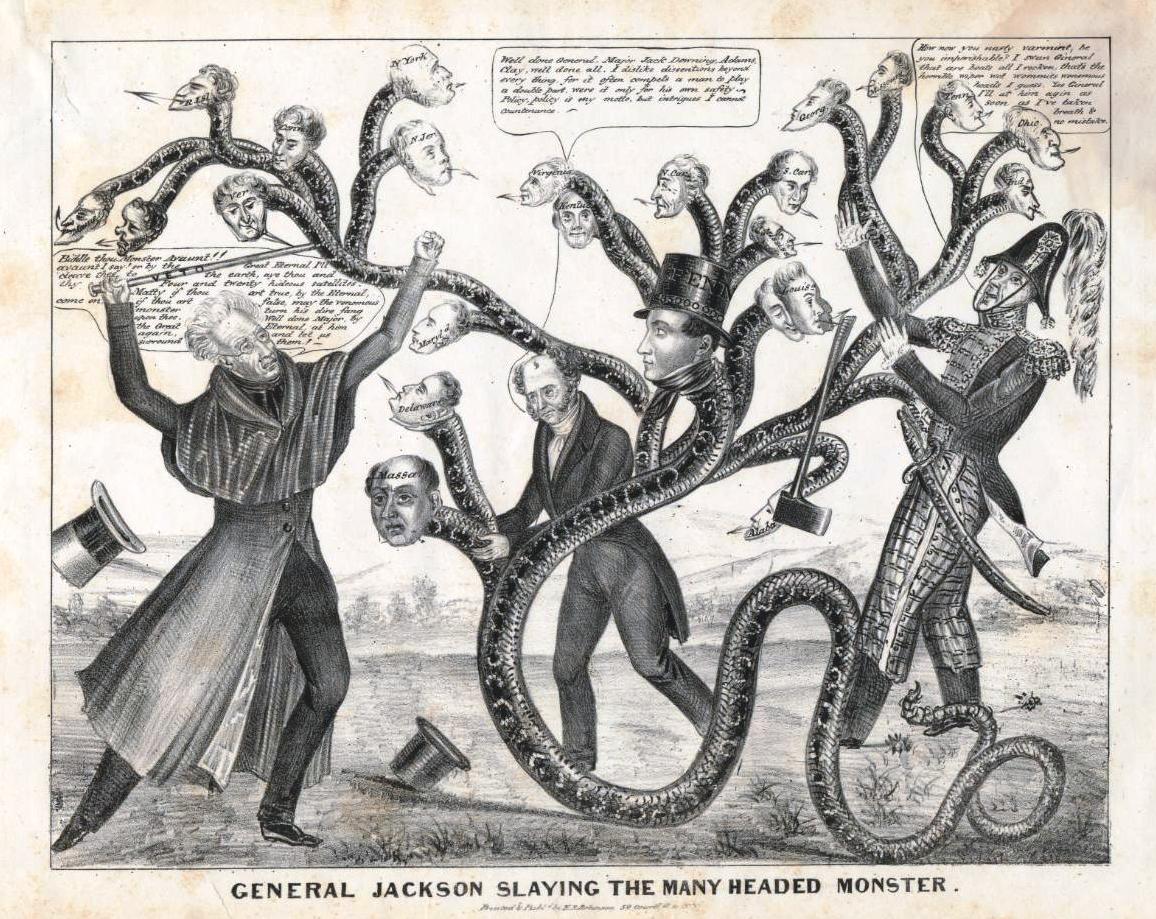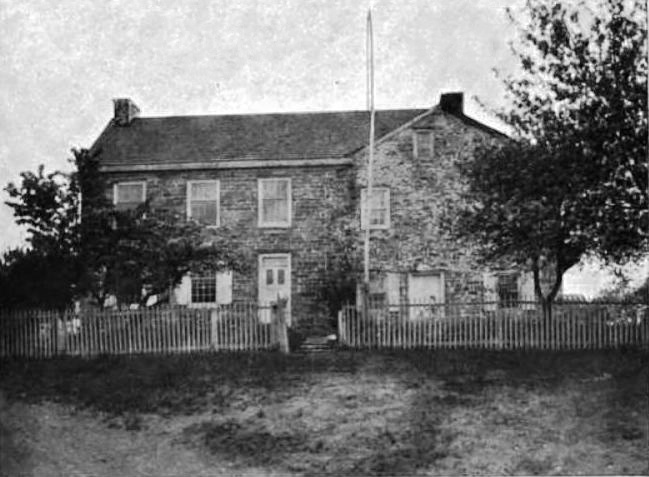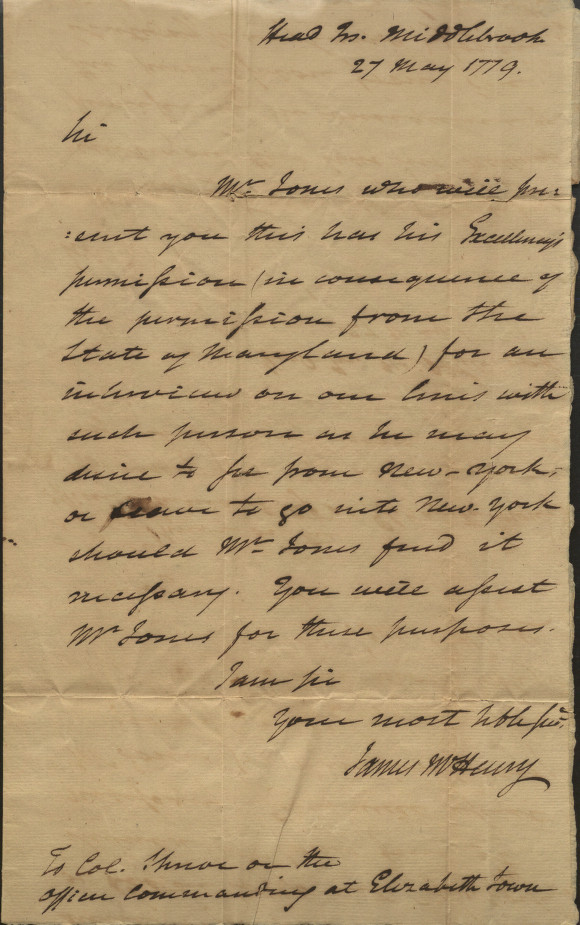|
American Philosophical Society Hall
The American Philosophical Society (APS), founded in 1743 in Philadelphia, is a scholarly organization that promotes knowledge in the sciences and humanities through research, professional meetings, publications, library resources, and community outreach. Considered the first learned society in the United States, it has about 1,000 elected members, and by April 2020 had had only 5,710 members since its creation. Through research grants, published journals, the American Philosophical Society Museum, an extensive library, and regular meetings, the society supports a variety of disciplines in the humanities and the sciences. Philosophical Hall, now a museum, is just east of Independence Hall in Independence National Historical Park; it was designated a National Historic Landmark in 1965. History The Philosophical Society, as it was originally called, was founded in 1743 by Benjamin Franklin, James Alexander, Francis Hopkinson, John Bartram, Philip Syng, Jr. and others as an ... [...More Info...] [...Related Items...] OR: [Wikipedia] [Google] [Baidu] |
Philadelphia
Philadelphia, often called Philly, is the List of municipalities in Pennsylvania#Municipalities, largest city in the Commonwealth (U.S. state), Commonwealth of Pennsylvania, the List of United States cities by population, sixth-largest city in the U.S., the second-largest city in both the Northeast megalopolis and Mid-Atlantic (United States), Mid-Atlantic regions after New York City. Act of Consolidation, 1854, Since 1854, the city has been coextensive with Philadelphia County, Pennsylvania, Philadelphia County, the List of counties in Pennsylvania, most populous county in Pennsylvania and the urban core of the Delaware Valley, the Metropolitan statistical area, nation's seventh-largest and one of List of largest cities, world's largest metropolitan regions, with 6.245 million residents . The city's population at the 2020 United States census, 2020 census was 1,603,797, and over 56 million people live within of Philadelphia. Philadelphia was founded in 1682 by William Penn, ... [...More Info...] [...Related Items...] OR: [Wikipedia] [Google] [Baidu] |
John Adams
John Adams (October 30, 1735 – July 4, 1826) was an American statesman, attorney, diplomat, writer, and Founding Father who served as the second president of the United States from 1797 to 1801. Before his presidency, he was a leader of the American Revolution that achieved independence from Great Britain, and during the war served as a diplomat in Europe. He was twice elected vice president, serving from 1789 to 1797 in a prestigious role with little power. Adams was a dedicated diarist and regularly corresponded with many important contemporaries, including his wife and adviser Abigail Adams as well as his friend and rival Thomas Jefferson. A lawyer and political activist prior to the Revolution, Adams was devoted to the right to counsel and presumption of innocence. He defied anti-British sentiment and successfully defended British soldiers against murder charges arising from the Boston Massacre. Adams was a Massachusetts delegate to the Continental Congress and became ... [...More Info...] [...Related Items...] OR: [Wikipedia] [Google] [Baidu] |
John Marshall
John Marshall (September 24, 1755July 6, 1835) was an American politician and lawyer who served as the fourth Chief Justice of the United States from 1801 until his death in 1835. He remains the longest-serving chief justice and fourth-longest serving justice in the history of the U.S. Supreme Court, and is widely regarded as one of the most influential justices ever to serve. Prior to joining the Court, Marshall served as the fourth U.S. Secretary of State under President John Adams. Marshall was born in Germantown in the Colony of Virginia in 1755. After the outbreak of the American Revolutionary War, he joined the Continental Army, serving in numerous battles. During the later stages of the war, he was admitted to the state bar and won election to the Virginia House of Delegates. Marshall favored the ratification of the U.S. Constitution, and he played a major role in Virginia's ratification of that document. At the request of President Adams, Marshall traveled to Fran ... [...More Info...] [...Related Items...] OR: [Wikipedia] [Google] [Baidu] |
Michael Hillegas
Michael Hillegas (April 22, 1729 – September 29, 1804) was the first Treasurer of the United States. Biography Hillegas was born in Philadelphia, Pennsylvania. He was the son of Margaret Schiebenstock (1710 – July 21, 1770) and George Michael Hillegass (February 14, 1696 – October 30, 1749), an immigrant from Germany and a well-to-do merchant involved in iron and sugar. Soon Michael thus had the freedom and resources to participate in local politics. He married Henrietta Boude on May 10, 1753, at Christ Church in Philadelphia, and they went on to have many children. Hillegas was a member of the Pennsylvania Provincial Assembly from 1765 to 1775 and served as treasurer of the Committee of Safety under Benjamin Franklin in 1774. On July 29, 1775, Hillegas and fellow patriot George Clymer were appointed by the Continental Congress to share the office of Treasurer of the United Colonies. Because Hillegas edited the Declaration of Independence, when the Declaration of Indepe ... [...More Info...] [...Related Items...] OR: [Wikipedia] [Google] [Baidu] |
James Madison
James Madison Jr. (March 16, 1751June 28, 1836) was an American statesman, diplomat, and Founding Father. He served as the fourth president of the United States from 1809 to 1817. Madison is hailed as the "Father of the Constitution" for his pivotal role in drafting and promoting the Constitution of the United States and the Bill of Rights. Madison was born into a prominent slave-owning planter family in Virginia. He served as a member of the Virginia House of Delegates and the Continental Congress during and after the American Revolutionary War. Unsatisfied with the weak national government established by the Articles of Confederation, he helped organize the Constitutional Convention, which produced a new constitution. Madison's Virginia Plan was the basis for the Convention's deliberations, and he was an influential voice at the convention. He became one of the leaders in the movement to ratify the Constitution, and joined Alexander Hamilton and John Jay in writi ... [...More Info...] [...Related Items...] OR: [Wikipedia] [Google] [Baidu] |
Benjamin Rush
Benjamin Rush (April 19, 1813) was a Founding Father of the United States who signed the United States Declaration of Independence, and a civic leader in Philadelphia, where he was a physician, politician, social reformer, humanitarian, educator, and the founder of Dickinson College. Rush was a Pennsylvania delegate to the Continental Congress. His later self-description there was: "He aimed right." He served as surgeon general of the Continental Army and became a professor of chemistry, medical theory, and clinical practice at the University of Pennsylvania. Rush was a leader of the American Enlightenment and an enthusiastic supporter of the American Revolution. He was a leader in Pennsylvania's ratification of the U.S. Constitution in 1788. He was prominent in many reforms, especially in the areas of medicine and education. He opposed slavery, advocated free public schools, and sought improved, but patriarchal, education for women, and a more enlightened penal system. A ... [...More Info...] [...Related Items...] OR: [Wikipedia] [Google] [Baidu] |
Owen Biddle, Sr
Owen may refer to: Origin: The name Owen is of Irish and Welsh origin. Its meanings range from noble, youthful, and well-born. Gender: Owen is historically the masculine form of the name. Popular feminine variations include Eowyn and Owena. Pronunciation: OH-en People and fictional characters * Owen (name), including a list of people and fictional characters with the given name or surname Places United States * Owen, Indiana * Owen, Missouri, a ghost town * Owen, Wisconsin * Owen County, Indiana * Owen County, Kentucky * Mount Owen (Colorado) * Mount Owen (Wyoming) Elsewhere * Owen Island, South Shetland Islands, Antarctica * Owen, South Australia, a small town * Owen, Germany, town in Baden-Württemberg * Mount Owen (other) * Port Owen, South Africa Ships * , a destroyer that took part in World War II and the Korean War * , a British Royal Navy frigate Other uses * Owen (automobile), an American car made from 1910 to 1914 * Owen (musician), a solo pro ... [...More Info...] [...Related Items...] OR: [Wikipedia] [Google] [Baidu] |
Nicholas Biddle (banker)
Nicholas Biddle (January 8, 1786February 27, 1844) was an American financier who served as the third and last president of the Second Bank of the United States (chartered 1816–1836). Throughout his life Biddle worked as an editor, diplomat, author, and politician who served in both houses of the Pennsylvania state legislature. He is best known as the chief opponent of Andrew Jackson in the Bank War. Born into the illustrious Biddle family of Philadelphia, young Nicholas worked for a number of prominent officials, including John Armstrong Jr. and James Monroe. In the Pennsylvania state legislature, he defended the utility of a national bank in the face of Jeffersonian criticisms. From 1823 to 1836, Biddle served as president of the Second Bank, during which time he exercised power over the nation's money supply and interest rates, seeking to prevent economic crises. With prodding from Henry Clay and the Bank's major stockholders, Biddle engineered a bill in Congress to rene ... [...More Info...] [...Related Items...] OR: [Wikipedia] [Google] [Baidu] |
Peter Stephen Du Ponceau
Peter Stephen Du Ponceau (born Pierre-Étienne du Ponceau, June 3, 1760 – April 1, 1844) was a French-American linguist, philosopher, and jurist. After emigrating to the colonies in 1777, he served in the American Revolutionary War. Afterward, he settled in Philadelphia, where he lived the remainder of his years. He contributed significantly to work on the indigenous languages of the Americas, as well as advancing the understanding of written Chinese. Early life Du Ponceau's fondness for languages began when he was six. He studied at a Benedictine college until he abruptly ended his education, after only 18 months, over a dissatisfaction with the scholarly philosophy taught there. When he was 17, he emigrated to America in 1777 with Baron von Steuben, who was 30 years older. War service Du Ponceau served as a secretary to Steuben in the Continental Army during the American Revolution. After the war, he settled in Philadelphia, where he spent the rest of his life. Among his a ... [...More Info...] [...Related Items...] OR: [Wikipedia] [Google] [Baidu] |
David Rittenhouse
David Rittenhouse (April 8, 1732 – June 26, 1796) was an American astronomer, inventor, clockmaker, mathematician, surveyor, scientific instrument craftsman, and public official. Rittenhouse was a member of the American Philosophical Society and the first director of the United States Mint. Biography David Rittenhouse was born on April 8, 1732, in Roxborough Township, Philadelphia County, near a small village within Philadelphia called Rittenhousetown. This village is located near Germantown, along the stream Paper Mill Run, which is a tiny tributary of the Wissahickon Creek. When his uncle, William Rittenhouse, died, David inherited his uncle's carpentry tools and instructional books. At a young age, David showed a high level of intelligence by creating a working scale model of his great-grandfather William Rittenhouse's paper mill. He built other scale models in his youth, like a working waterwheel. David never attended elementary school—he was self-taught from his f ... [...More Info...] [...Related Items...] OR: [Wikipedia] [Google] [Baidu] |
Thomas Paine
Thomas Paine (born Thomas Pain; – In the contemporary record as noted by Conway, Paine's birth date is given as January 29, 1736–37. Common practice was to use a dash or a slash to separate the old-style year from the new-style year. In the old calendar, the new year began on March 25, not January 1. Paine's birth date, therefore, would have been before New Year, 1737. In the new style, his birth date advances by eleven days and his year increases by one to February 9, 1737. The O.S. link gives more detail if needed. – June 8, 1809) was an English-born American political activist, philosopher, political theorist, and revolutionary. He authored '' Common Sense'' (1776) and '' The American Crisis'' (1776–1783), two of the most influential pamphlets at the start of the American Revolution, and helped inspire the Patriots in 1776 to declare independence from Great Britain, hitherto an unpopular cause. His ideas reflected Enlightenment-era ideals of transnational human ... [...More Info...] [...Related Items...] OR: [Wikipedia] [Google] [Baidu] |
James McHenry
James McHenry (November 16, 1753 – May 3, 1816) was a Scotch-Irish American military surgeon, statesman, and a Founding Father of the United States. McHenry was a signer of the United States Constitution from Maryland, initiated the recommendation for Congress to form the Navy, and was the eponym of Fort McHenry. He represented Maryland in the Continental Congress. He was a delegate to the Maryland State Convention of 1788, to vote whether Maryland should ratify the proposed Constitution of the United States. He served as United States Secretary of War from 1796 to 1800, bridging the administrations of George Washington and John Adams. Early life and education McHenry was born into a Presbyterian Scots-Irish/ Ulster Scots family in Ballymena, County Antrim, Ireland, in 1753. Alarmed that he was becoming sick from excessive studying, his family in 1771 sent him to North America to recuperate. Recent scholarship suggests that the family may have also sent him to the colonies ... [...More Info...] [...Related Items...] OR: [Wikipedia] [Google] [Baidu] |

.jpg)




